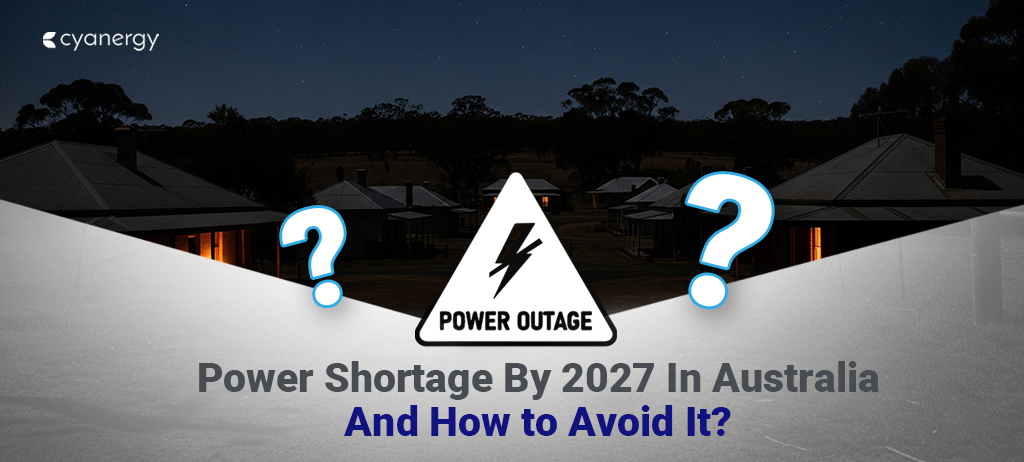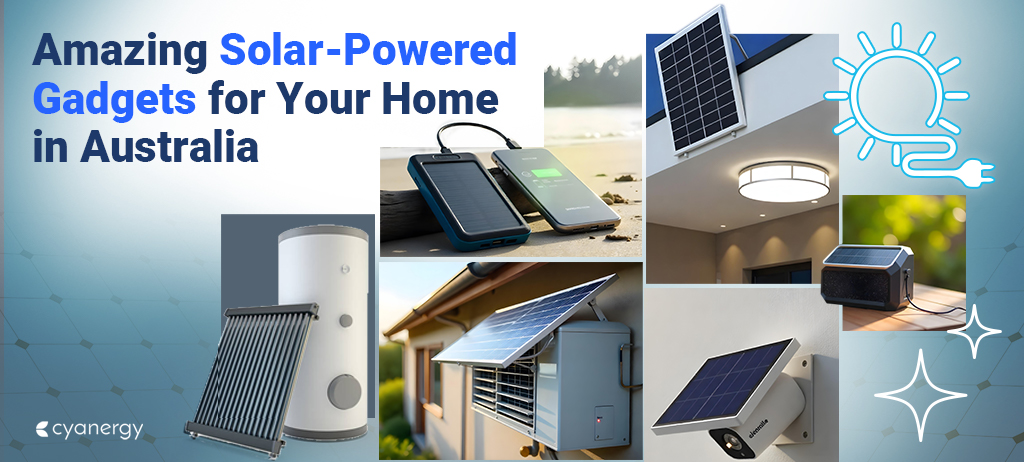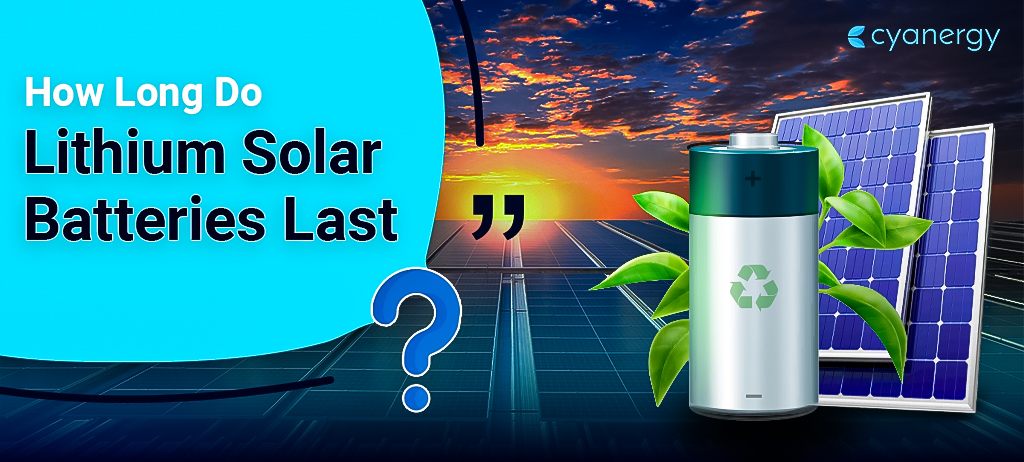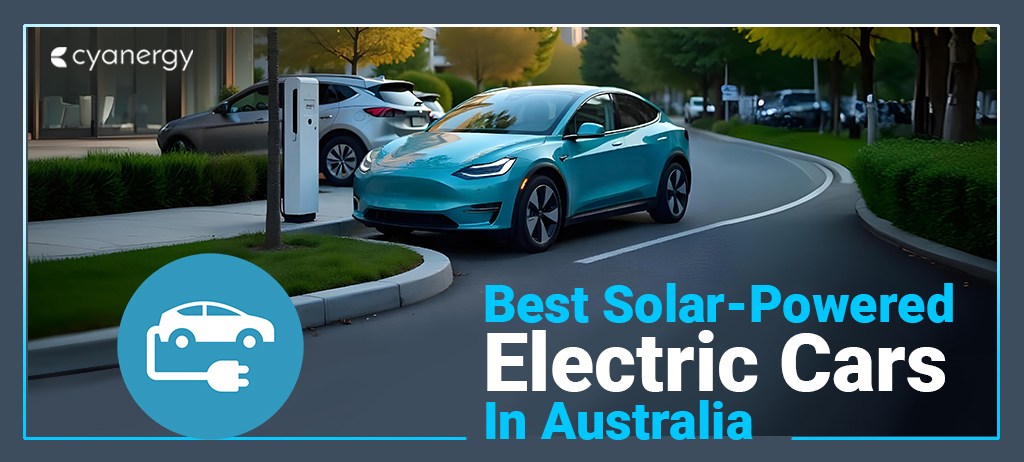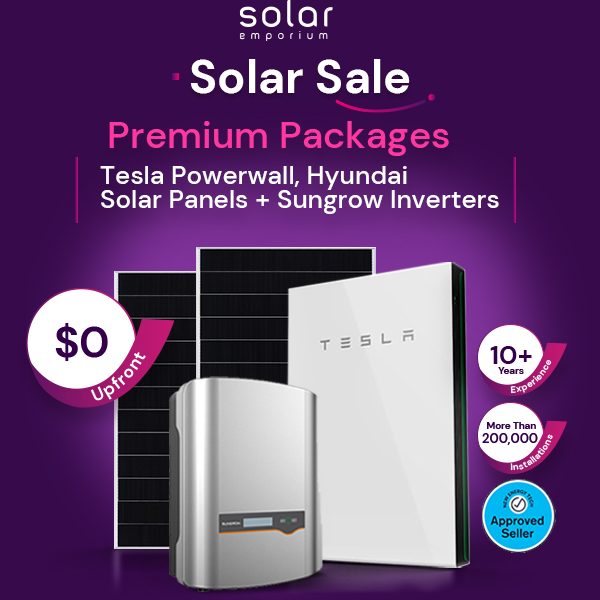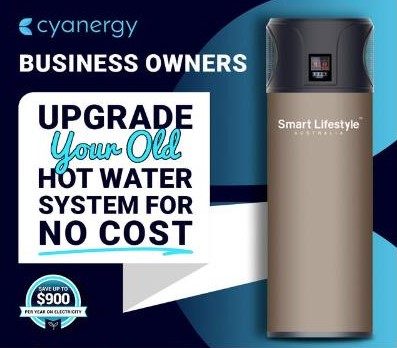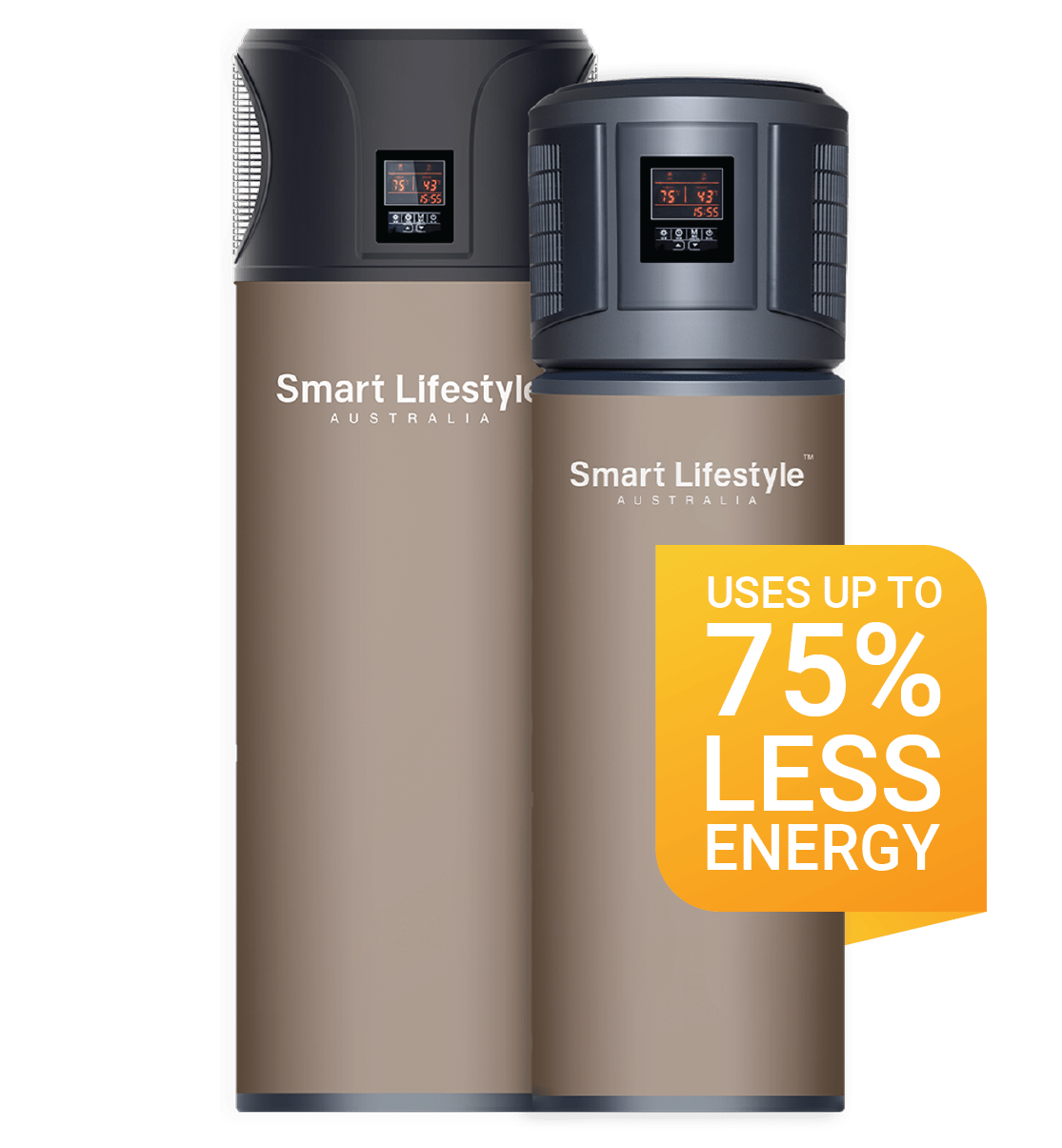Solar energy is an alternative that is gaining popularity as more and more companies look to sustainable energy sources to power their operations. Commercial solar systems are more complex than residential ones. To ensure effective and secure operations, they must be maintained and managed at a higher level. In this article, we’ll offer some advice on maintaining and managing commercial solar systems being the professionals of the category.
Commercial Solar System Maintenance and Management
Speaking from 10 years’ worth of industry experience being both providers and consumers of commercial solar solutions, it’s safe to say we have significant expertise in the field. As Cyanergy is one of the biggest advocators of renewable energy in Australia, here is our take on maintaining and managing commercial solar systems to help those in need.
Take a look-
1. Regular Solar Panel Cleaning
Dirt, dust, and debris can accumulate on solar panels over time, reducing their efficiency by 50 percent. For commercial solar systems, which are typically larger than residential systems, this can be even more of an issue. Regular cleaning of solar panels is essential to maintain their performance. You should schedule routine cleanings at least twice a year or more frequently if your panels are located in an area with a lot of dust, dirt, or pollution.
When cleaning your panels, avoid using abrasive cleaners or high-pressure sprays that can damage the panels. Use a soft brush or a squeegee to remove dirt and debris. You can also invest in automated cleaning systems that use water or a special cleaning solution to keep your panels clean.
Check out this article to learn more about how you can clean your solar panels.
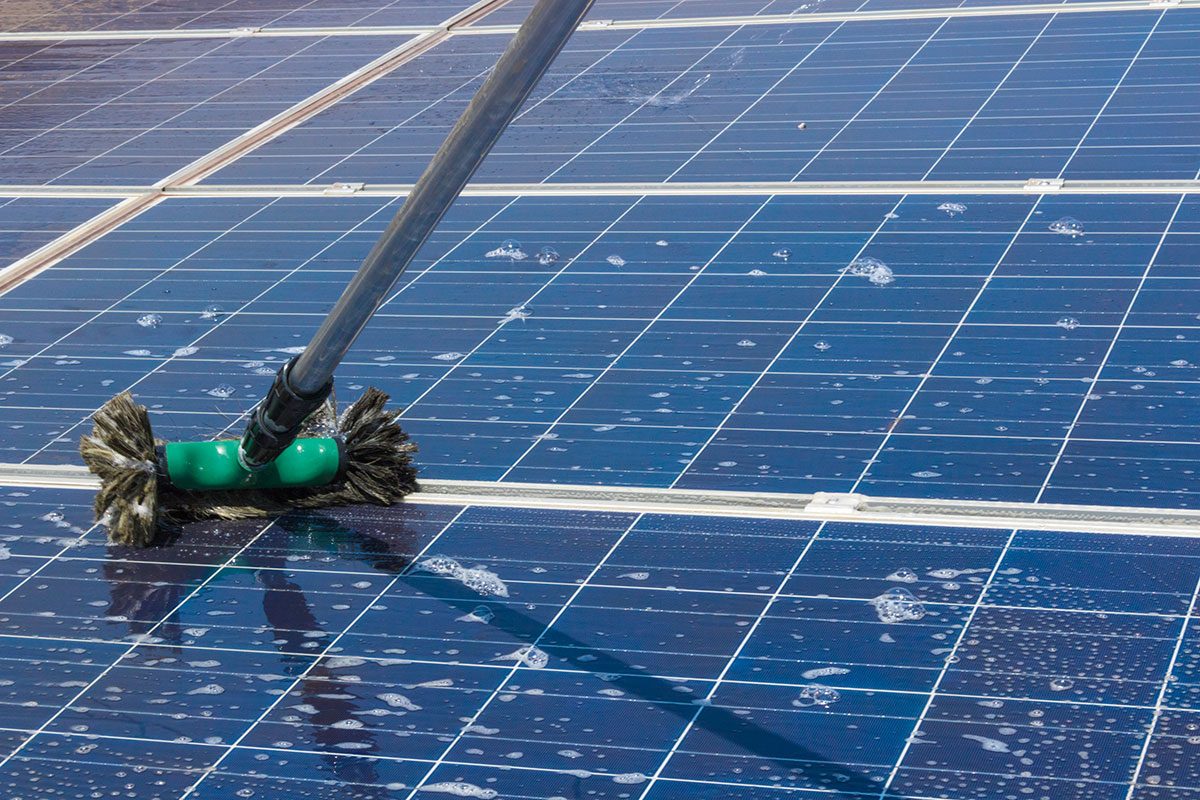
2. Inspect for Damage
Commercial solar panels are exposed to the elements year-round, which can cause damage to the panels over time. Regular inspections of your solar panels can help you identify any signs of damage, such as cracks, chips, or broken glass. Any damage to the panels can reduce their performance and pose a safety hazard. If you notice any damage, contact a professional solar installer to repair or replace the panels.
However, before replacement, do check in with the solar company or the solar installer to make sure you take advantage of any warranty schemes that you might be eligible for.
3. Monitor Performance Regularly
Monitoring your commercial solar system’s performance can help you identify any issues that may be affecting efficiency. Keep an eye on your system’s energy output, and contact a professional if you notice any significant drops. You should also monitor the performance of individual panels to identify any that may not be functioning properly.
4. Maintain Battery Storage Systems
Many commercial solar systems include battery backups to ensure that power is available even during periods of low sunlight or power outages. Battery storage systems will keep your operations up and running even during national grid outages, which enables you a massive upper hand over your competitors. If your solar system includes a battery backup, ensure that the battery is regularly maintained. Check the battery’s charge levels and clean the terminals to prevent corrosion.
5. Hire a Professional
Solar systems are complex and should only be installed, maintained, and repaired by trained professionals. Hiring a professional solar installer to perform regular maintenance on your commercial solar system can ensure that it is operating at peak efficiency and is safe to use. A professional solar installer can also help you identify potential issues before they become more serious problems.
Other than that, if you are just planning to go green with solar, then know if the equipment’s quality contributes to the performance of the entire system by 50%; how the system is designed and installed weighs in as much importance, especially in the case of commercial solar systems. So, we highly recommend you seek professional help every step of the way.
6. Keep Records
Keeping records of your commercial solar system’s performance and maintenance can help you track its performance over time and identify any recurring issues. You should keep a record of all maintenance and repairs, as well as any upgrades or modifications made to the system. This can help you identify trends or issues that may require further attention.
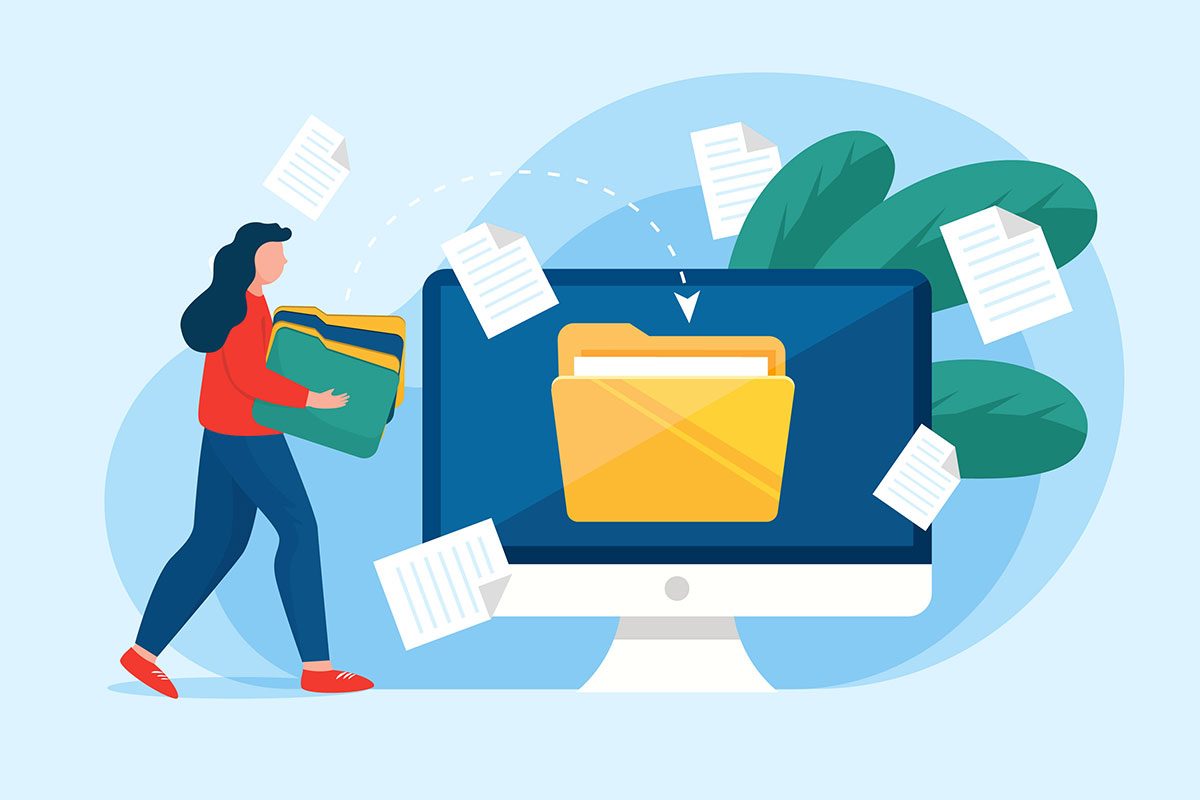
7. Conduct Regular System Checks
To make sure everything is operating as it should, it’s crucial to regularly inspect the system in addition to your solar panels and connections. This includes inspecting your solar system’s inverter, monitoring software, and other parts. By doing routine system checks, you may see any issues that might be affecting system performance and take care of them before they escalate.
8. Address Shading Issues
Shading can have a significant impact on the performance of your solar system. Even partial shading can reduce the output of your solar panels. If you notice any shading issues, such as trees or buildings blocking sunlight to your panels, it’s important to address them as soon as possible. This may involve trimming trees, repositioning panels, or making other adjustments to your solar system.
The type of inverter you go for plays a major role in aiding the shading issues. If you have designed your solar system with micro-inverters, you will have the upper hand over shading issues as they operate with each individual panel rather than working with the entire system at once. More technicalities are explained here.
9. Invest in a Solar Operations and Maintenance (O&M) Plan
Solar O&M plans are designed to provide regular maintenance and monitoring of commercial solar systems. These plans typically include regular inspections, cleaning, and performance monitoring, as well as emergency response services in the event of a system failure. By investing in a solar O&M plan, you can ensure that your solar system is operating at peak efficiency and minimize the risk of downtime or other issues.
10. Keep Up with Software Updates
Many commercial solar systems include monitoring software that allows you to track system performance and energy output. It’s important to keep up with software updates to ensure that your system is functioning properly and taking advantage of the latest features and optimizations. If you’re not comfortable updating your solar software, consider hiring a professional solar installer to assist you.
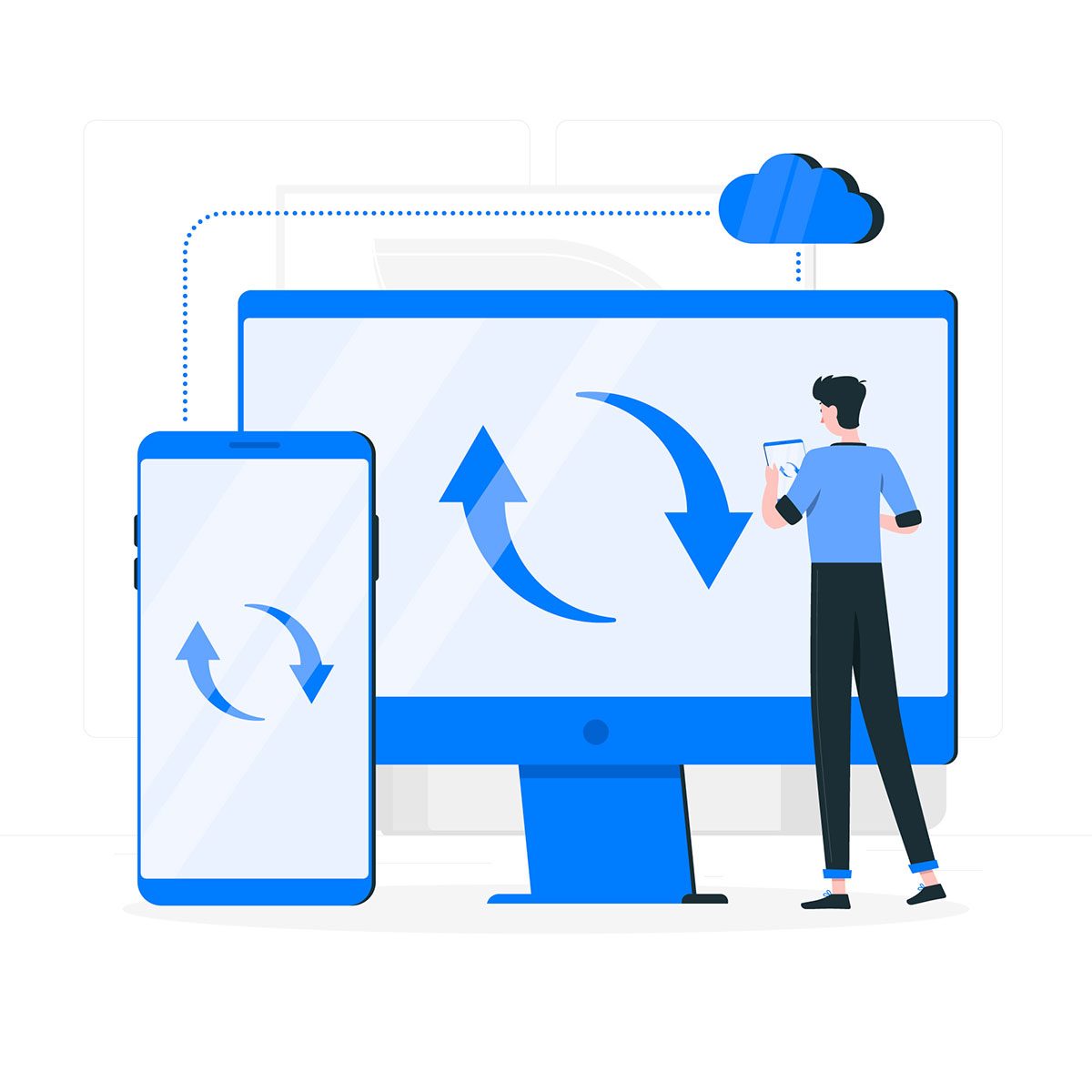
11. Consider Upgrades and Add-Ons
As technology evolves, new solar system upgrades and add-ons become available that can improve system performance and efficiency. For example, you may want to consider adding energy storage systems to your solar setup, which can help you store excess energy generated by your solar panels for use during periods of low sunlight. Upgrading your solar panels or inverter can also improve overall system performance.
12. Train Employees on Solar System Maintenance
Employees who work with or around your solar system should be trained on how to properly maintain and manage it. This can include training on how to safely clean solar panels, inspect electrical connections, and monitor system performance. By providing your employees with the proper training, you can help ensure that your solar system is being maintained and managed efficiently.
In conclusion, it is crucial to manage and maintain commercial solar systems in order to make sure they function smoothly and safely. Your solar system may work efficiently for many years if you do routine maintenance, inspections, and monitoring, as well as hire a professional to do it. Solar energy has many advantages, but it also has potential hazards. To maximize the benefits and minimize the risks, follow the recommendations provided here.
